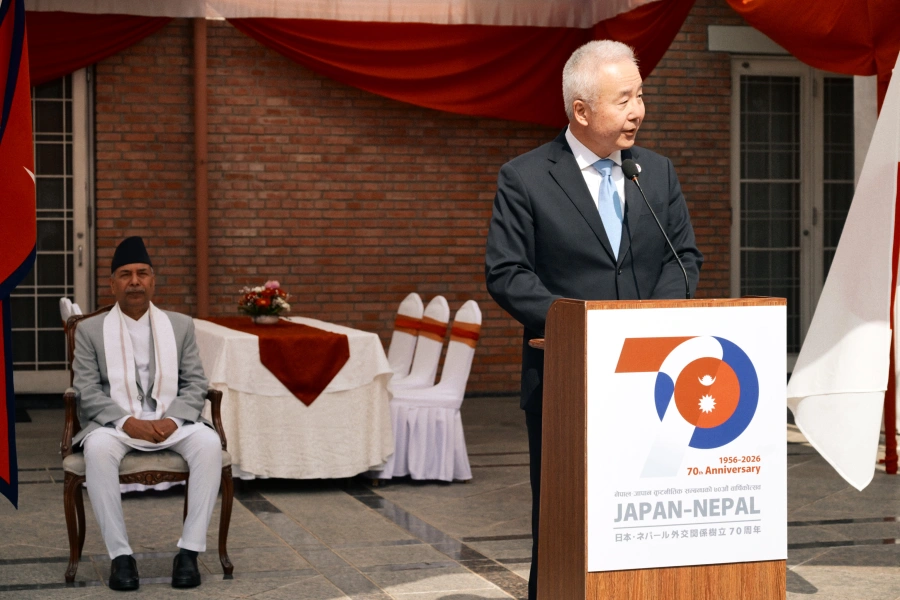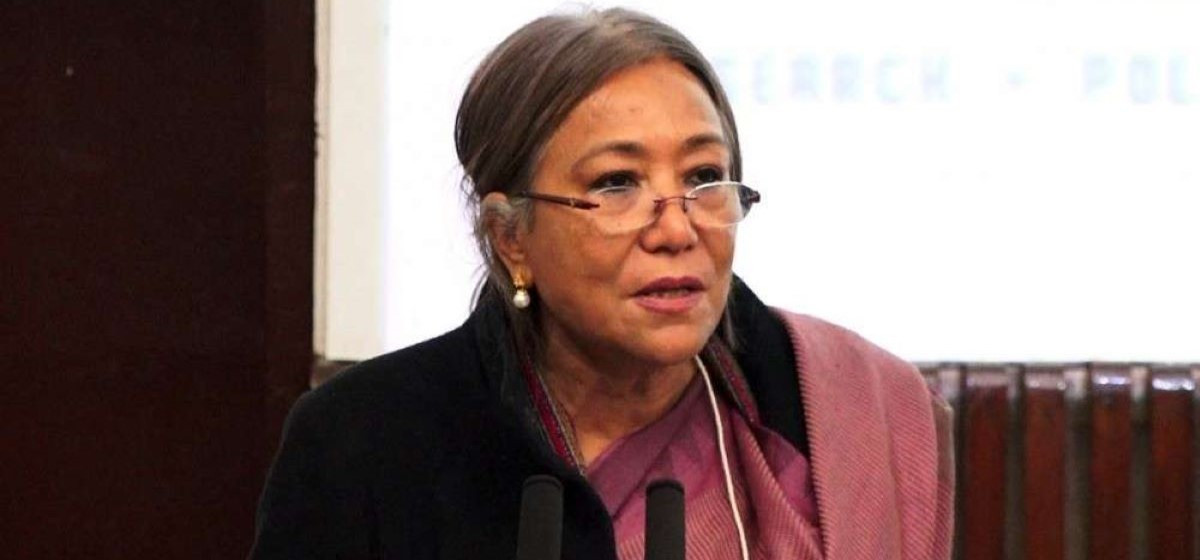The rape and murder of Nirmala Panta, a 13-year-old of Bhimdatta Municipality in Kanchanpur, has outraged and galvanized the people across the country. People in Kanchanpur, Kathmandu and various other parts of the country took to the streets, demanding thorough investigations of the heinous crime. Social media is full of strong calls to trace the perpetrators and jail them. Nepali society has largely raged against rape and violence against women. But as things stand, the government and the police authority do not seem to take the case as seriously. A month after Nirmala was subjected to horrendous crime, little progress has been made toward bringing the culprits to book and provide justice to the victim’s family. Words fail to condemn this slow action from the government authority. Words fail to console the family that lost a young child full of promise and dreams at the tender age of 13 to the lust of the criminals. We strongly condemn the frustrating delay with which police authority is responding to call for justice for Nirmala.
Transitional Justice in Nepal: Justice Delayed, Collective Cons...

The circumstances in which Nirmala went missing and subsequent events raise many questions. She went missing at 10 in the morning on July 26. When her dead body was found the next day, the police claimed she had been raped and murdered. Frustrated and angry with indifference of the police to investigate the case, the locals rose to protest. Then the police, claim the locals, framed one mentally-ill Dilip Singh Bista as the perpetrator and arrested him. Locals suspected the foul play and started sit-in in front of District Administration Office (DAO). Instead of assuring justice, the police opened fire at the protestors, in which a 17-year-old boy was killed and several other were injured on Friday. Local administration has been enforcing curfew in Mahendranagar repeatedly since Thursday. This may be the first case in which police has responded with force to dismiss rage against rape. Police want the victim’s family to accept the person they “framed” as a culprit, while the family members are sure the culprit is somebody else. Evidence shows police had initially dismissed the case when the victim’s family went to the police for justice. The victim’s family believes if the police had conducted the investigation immediately after the incident, the real culprits could have been traced.
It’s troubling that police authority has been found not to respond to heinous crimes of rape with the urgency it deserves. Evidence from other such crimes shows police authority tends first to dismiss the case and, when the case is filed, settle it through reconciliation, mostly under political pressure, despite the strong opposition from victims’ side. Such acts, we fear, will defame the entire police administration and raise serious question on its commitment to deliver justice. Thus the police have to act with extreme urgency to trace and jail the culprit—whosoever he may be, member of police, a person affiliated to political party or enjoying political protection. We have already earned a bad reputation as a country with rising cases of rape. According to the Nepal Police data, on an average, four rapes are reported every day and 120 every month in the fiscal year 2017/18 making it 1,480 rape cases a year. The rape cases, according to this data, have shot up from 78 to 120 every month. And this, as the police authority itself admits, is the only reported cases. Many cases go unreported because the victims are not assured that justice will be done. All the political parties, civil society and the people should stand together against rape. There should be no ifs and buts when it comes to punishing perpetrators of heinous crimes. Ministry of Home Affairs, together with Nepal Police, must take every possible measure to ensure that not a single rapist goes unpunished. The person who raped and murdered Nirmala must be given the severest punishment.




































